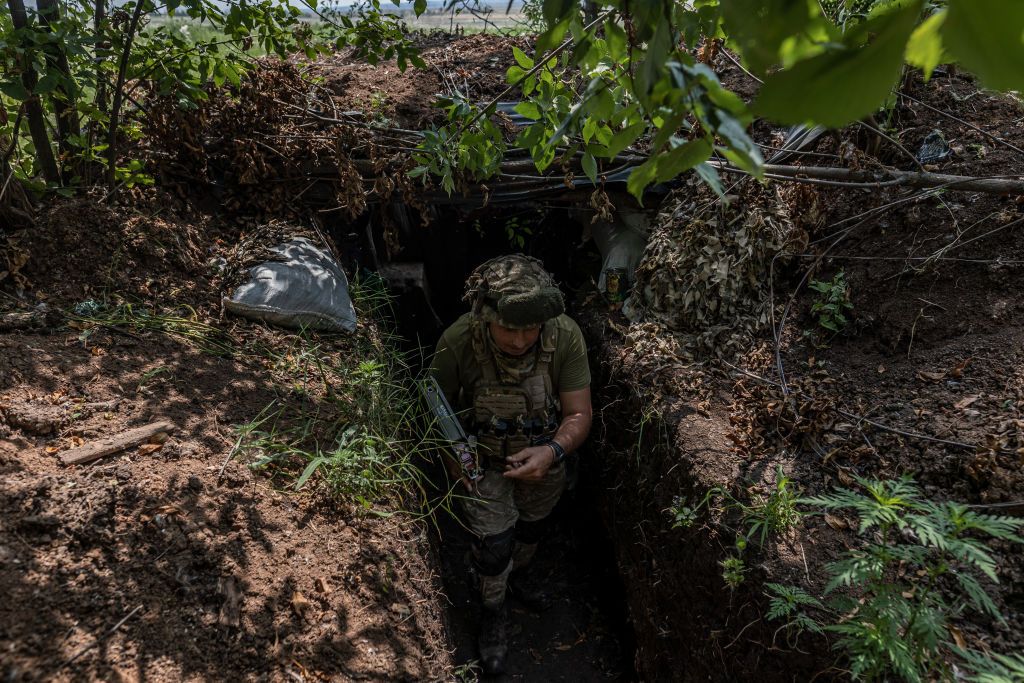Russia bans civilian access to Arabat Spit connecting Crimea with Kherson Oblast

Russian occupation authorities in Crimea prohibited civilian access to the Arabat Spit, which connects the eastern part of the peninsula with Ukraine's mainland, Interfax reported on July 27, citing Russia's Border Service of the Federal Security Service (FSB).
"Since 8 p.m. on July 31, in accordance with the decision of the operational headquarters of the Republic of Crimea, chaired by the head of the Republic of Crimea, (Sergey Aksyonov), the passage of civilians to the Arabat Spit is prohibited," the FSB said.
According to the report, only emergency workers and citizens performing defense-related work will be permitted access.
The restrictions are introduced until further notice reportedly to "localize security threats."
The Arabat Spit, or Arabat Narrow, is a strip of land about 113 kilometers long with an average width of just a few kilometers wide that stretches from the southeastern part of Ukraine's Kherson Oblast down to the eastern part of Crimea not far from the Kerch Strait, where the Crimean Bridge is located.
On July 17, explosions were reported at the Crimean Bridge, illegally constructed by Russia in 2018 to connect the Russian-occupied peninsula and Russia's Krasnodar Oblast. The Kremlin blamed Kyiv for the attack.
Bridges across the Chonhar Strait located between northern Crimea and Ukraine's mainland were also damaged on June 22 following strikes. General Staff Deputy Chief Oleksii Hromov confirmed for Ukrinform on July 5 that Ukraine had carried out the attacks using Storm Shadow missiles.
Both bridges serve as important routes for Russian military personnel and supplies moving from Russia and Russian-occupied Crimea to Ukraine.











